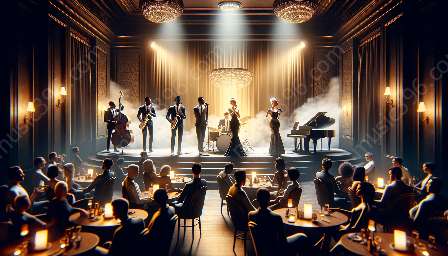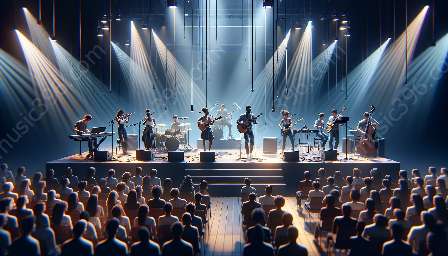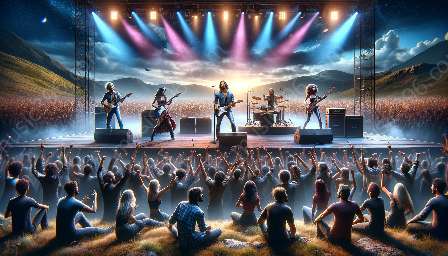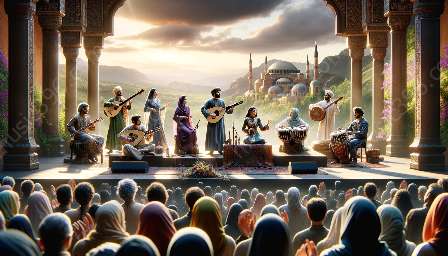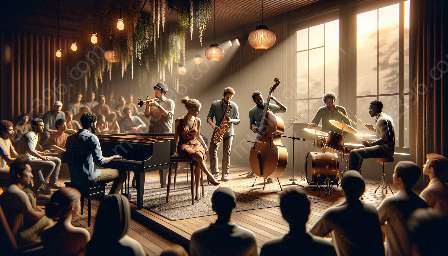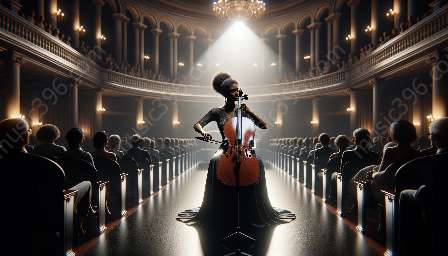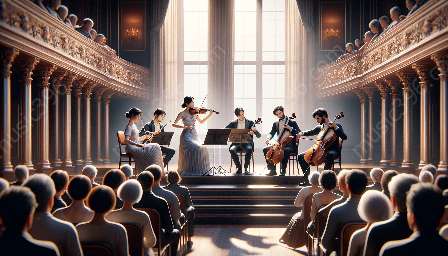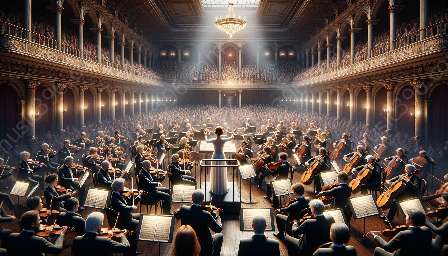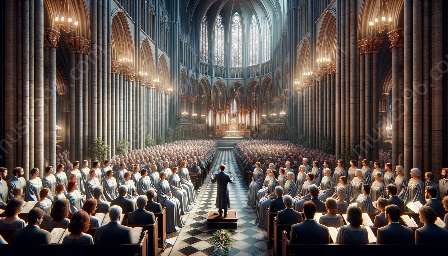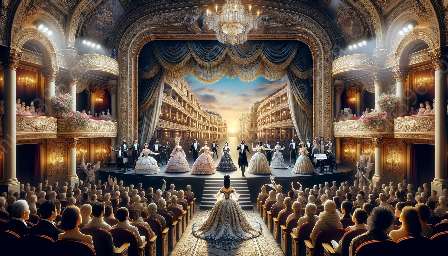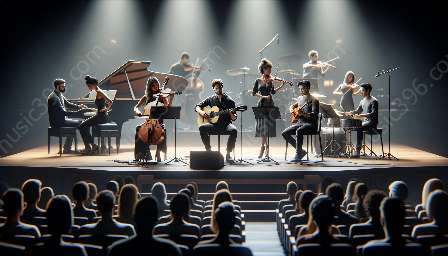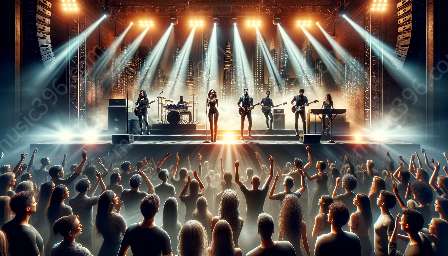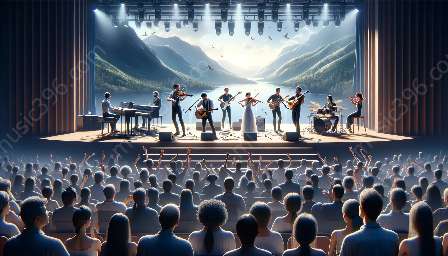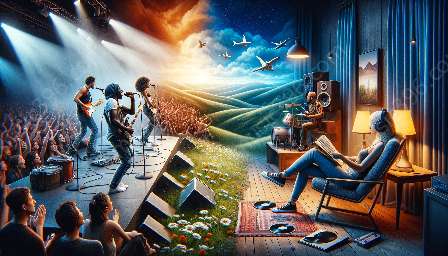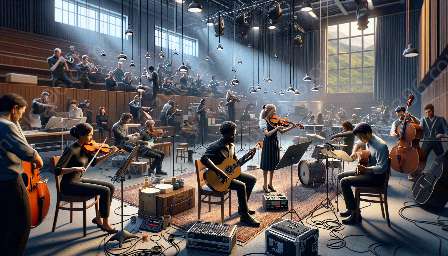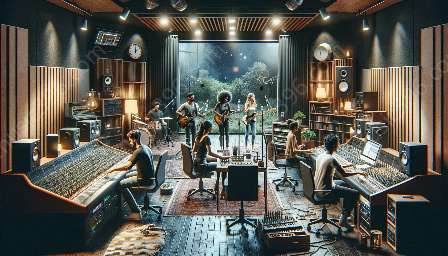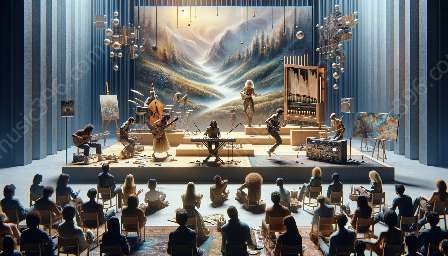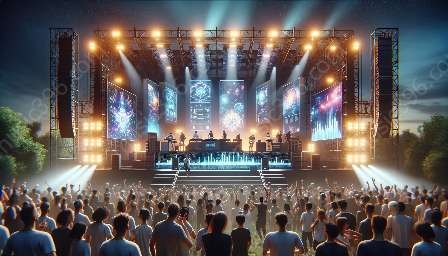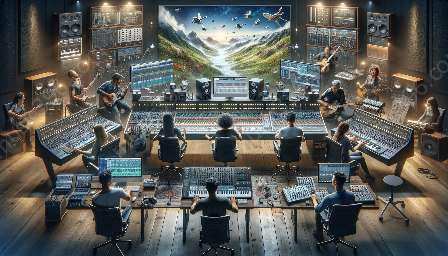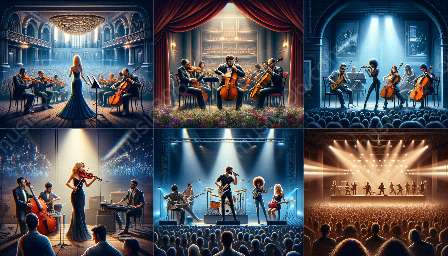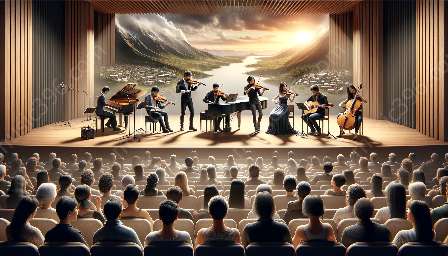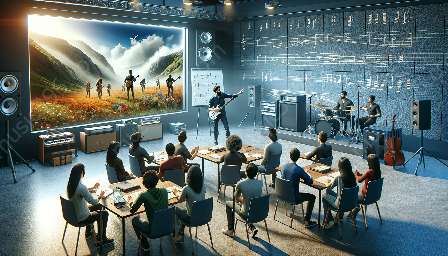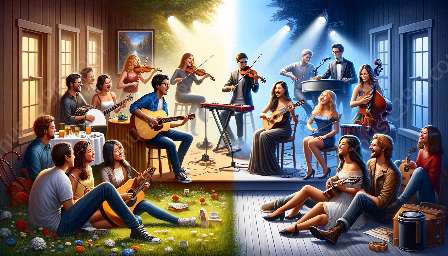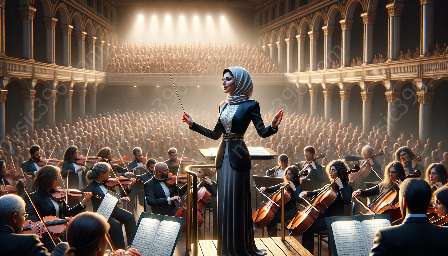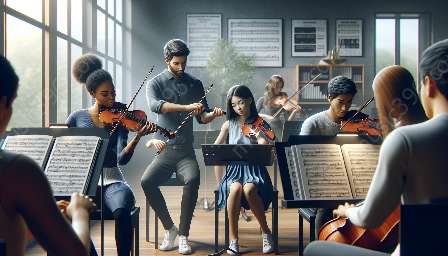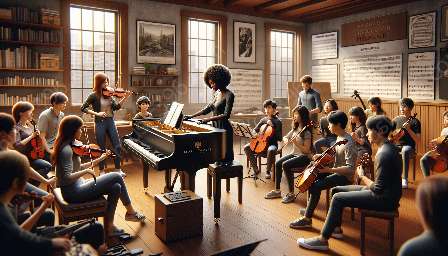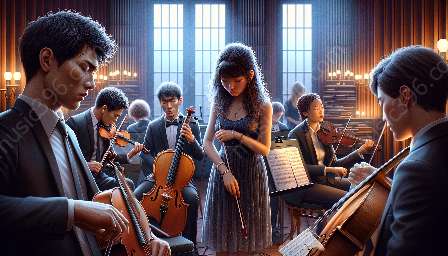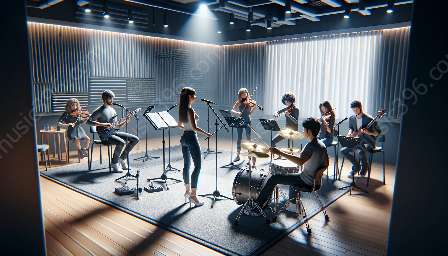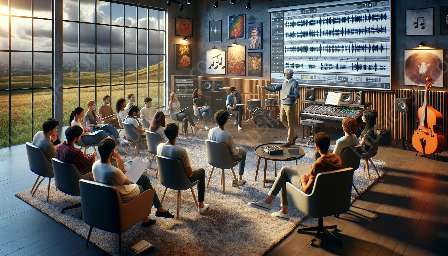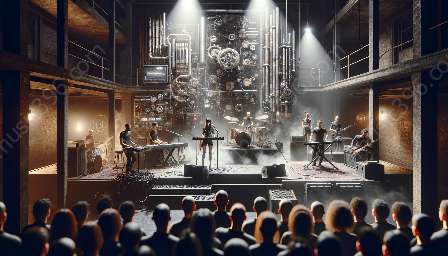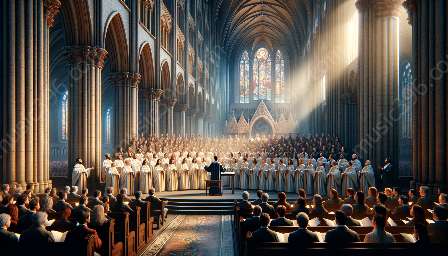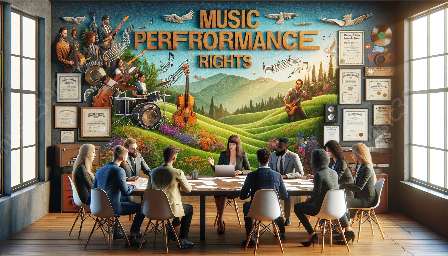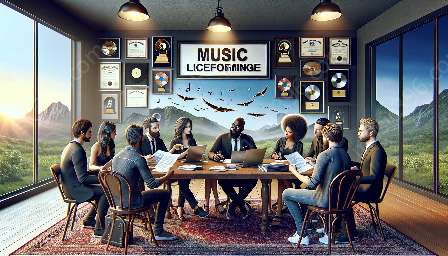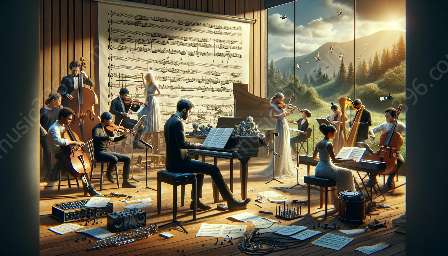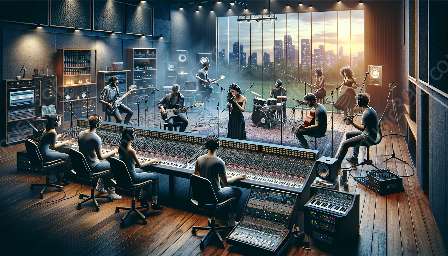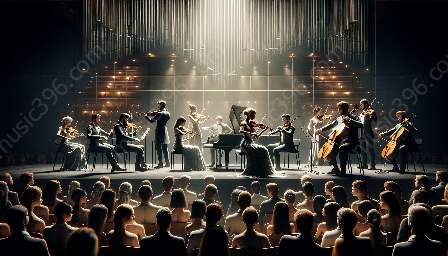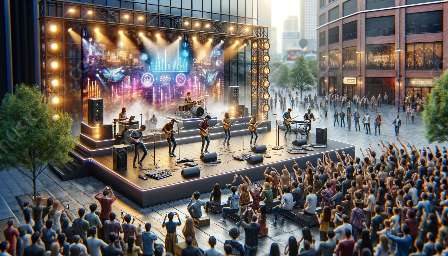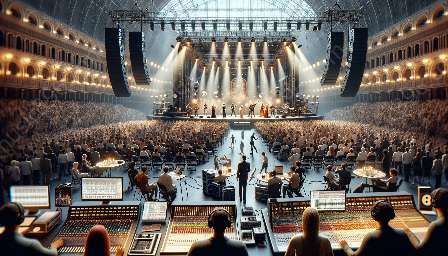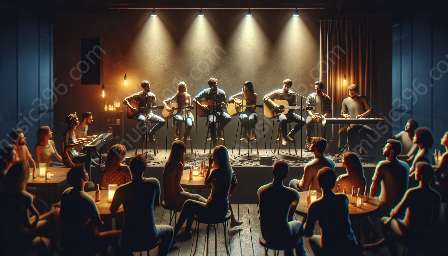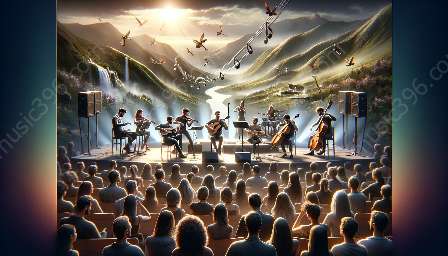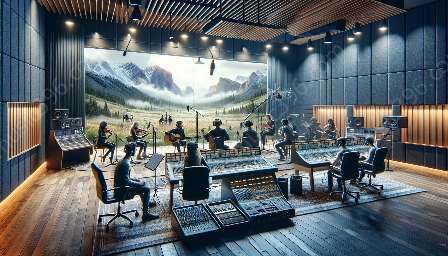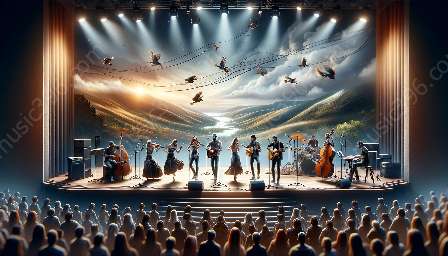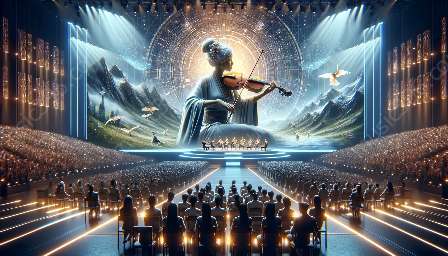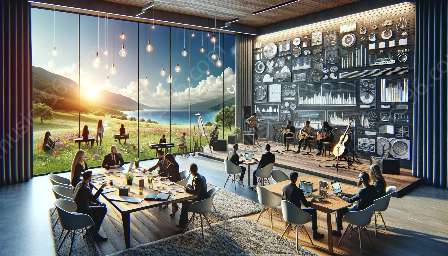Music performance is an art form that requires skill, practice, and a deep understanding of musical techniques. The pedagogy of music performance seeks to enhance the learning and teaching of music, guiding students in mastering their instruments and honing their performance abilities. In recent years, innovations in music performance pedagogy have transformed the way music is taught and learned, integrating technology, creativity, and modern teaching methods to enrich the musical experience.
Pedagogy of Music Performance
The pedagogy of music performance encompasses the principles and practices involved in instructing individuals or groups in the art of musical performance. It goes beyond teaching musical theory and technique, focusing on developing a student's artistic expression, stage presence, and overall musicality. Whether it's learning to play an instrument, sing, or conduct an ensemble, effective music performance pedagogy is essential in nurturing the talents of aspiring musicians and fostering a deep appreciation for the art of performance.
Transformative Innovations in Music Performance Pedagogy
The evolution of music performance pedagogy has been marked by several transformative innovations that have reshaped the landscape of music education. These innovations have revolutionized the way music is taught, making it more accessible, engaging, and effective for learners of all ages and skill levels. Here are some key innovations that are driving the advancement of music performance pedagogy:
- Integration of Technology: Modern music performance pedagogy has embraced the integration of technology to enhance learning and teaching experiences. From virtual reality (VR) simulations of concert settings to interactive music learning apps, technology has created new avenues for students to engage with music in innovative ways.
- Interactive Learning Platforms: Online platforms and digital tools have opened up opportunities for interactive and personalized music instruction. These platforms offer features such as video tutorials, live masterclasses, and collaborative performance spaces, allowing students to connect with instructors and peers from around the world.
- Interdisciplinary Approaches: Music performance pedagogy has increasingly incorporated interdisciplinary approaches, integrating elements of psychology, neuroscience, and movement studies to optimize students' learning and performance outcomes. By understanding the cognitive and physical aspects of music performance, educators can tailor their teaching methods to better serve their students.
- Experiential Learning: Experiential learning methods, such as immersive performance workshops, artist residencies, and community outreach programs, have become instrumental in providing students with real-world performance opportunities. These experiences help students develop confidence, adaptability, and a deeper connection to their art.
- Embracing Diversity and Inclusion: Contemporary music performance pedagogy emphasizes diversity and inclusion, celebrating a wide range of musical traditions, backgrounds, and styles. By fostering an inclusive learning environment, educators can empower students to explore their unique artistic voices and contribute to a more vibrant and inclusive music community.
Shaping the Future of Music Education
The ongoing innovations in music performance pedagogy are shaping the future of music education in profound ways. By leveraging these innovative practices, music educators can inspire a new generation of musicians and equip them with the skills and insights needed to thrive in a rapidly evolving musical landscape. As the pedagogy of music performance continues to evolve, it holds the potential to enrich lives, ignite creativity, and foster a deep appreciation for the transformative power of music.

